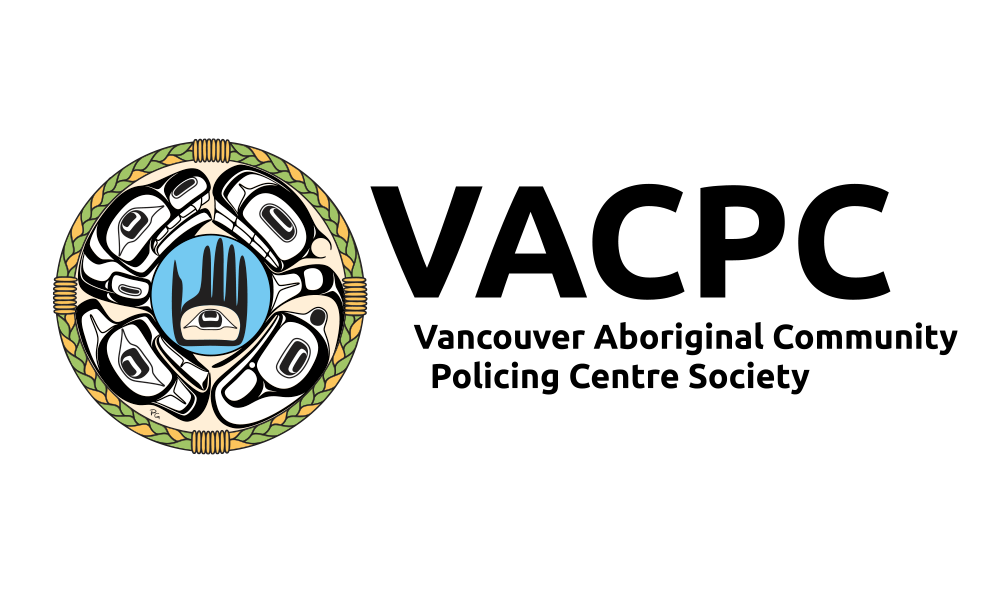
AT-A-GLANCE
Urban Indigenous in DTES Vancouver
ABOUT THE GRANTEE
“We began responding to the overdose crisis in 2018 with our partner agency the Aboriginal Front Door as the deaths mounted and kept climbing. We met and engaged with other agencies doing similar work in the DTES like Culture Saves Lives and WAHRS and then met more through the CAI network. We have learned more and more from every agency we worked with and are proud to be part of such a committed and devoted network of frontline heroes. The peer workers are the most dedicated and knowledgeable and compassionate and resilient people in the world. They survived the reality and now do what they can to help others survive.”
“Each agency makes their own decisions but we keep the lines of communication open and meet when needed to coordinate our plans and also to share resources to be most effective”.
Lived/Living experience
“Most of our staff have lived experience. All of our peers have lived experience. We have scheduled meetings to discuss issues occasionally but mostly they are impromptu or hastily organized meetings to respond to urgent matters or crises that may arise. Occasionally we may be able to get together at a fun community event like Family Night at Strathcona or National Indigenous Peoples Day and share some good times.”
Specific Metrics
• 20-40 tonnes of food distributed in 2020-2021
• 20-40,000 volunteer hours provided by peers in 2020-2021
• 1-2,000 other meals provided with partners
Overview of Overdose Response Work
• Frontline engagement with urban Indigenous community in DTES
• Cultural approach to health of the whole person and community connections
• Cultural approach to inter-generational trauma, the root cause of substance use
• Re-connecting people to community and culture



